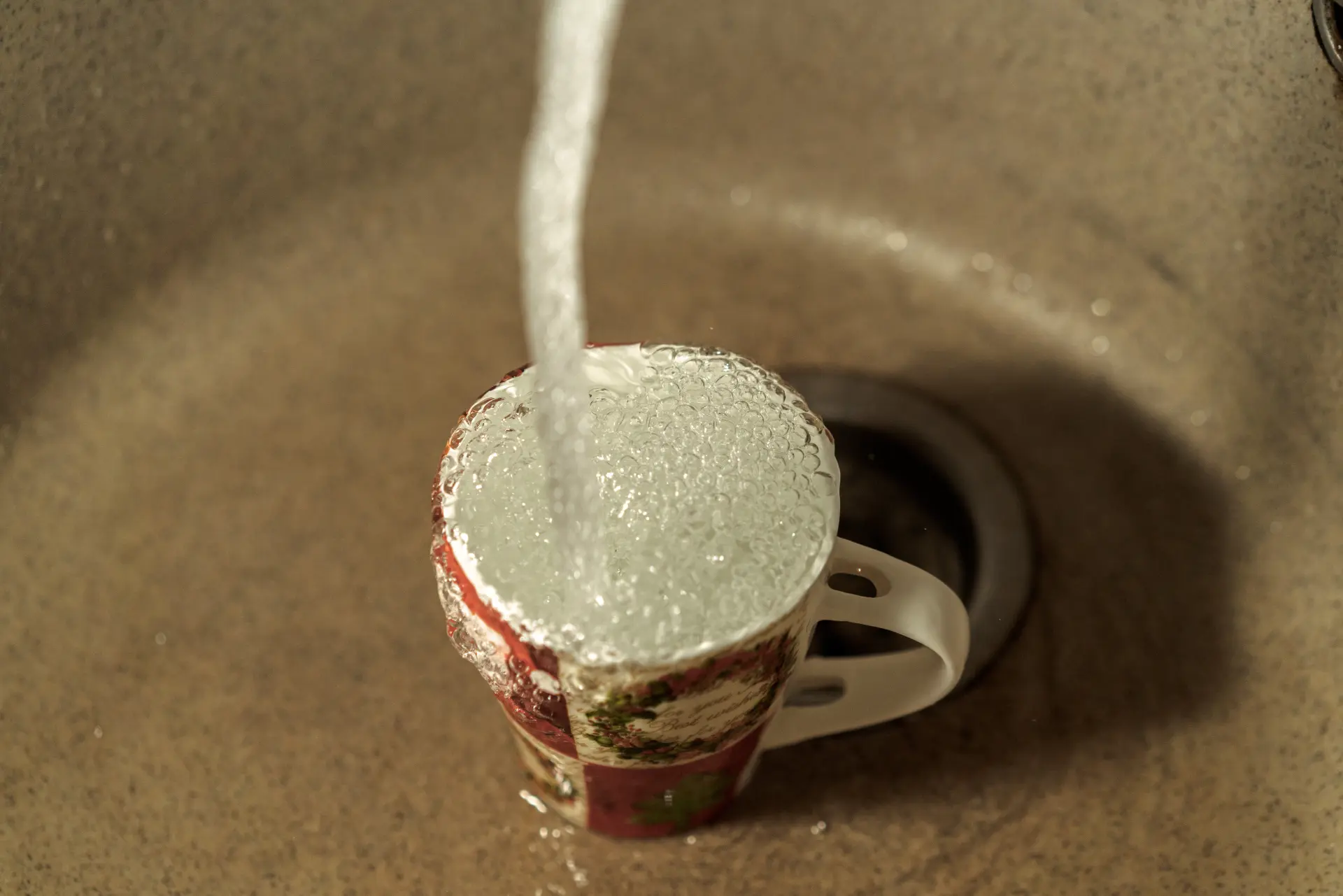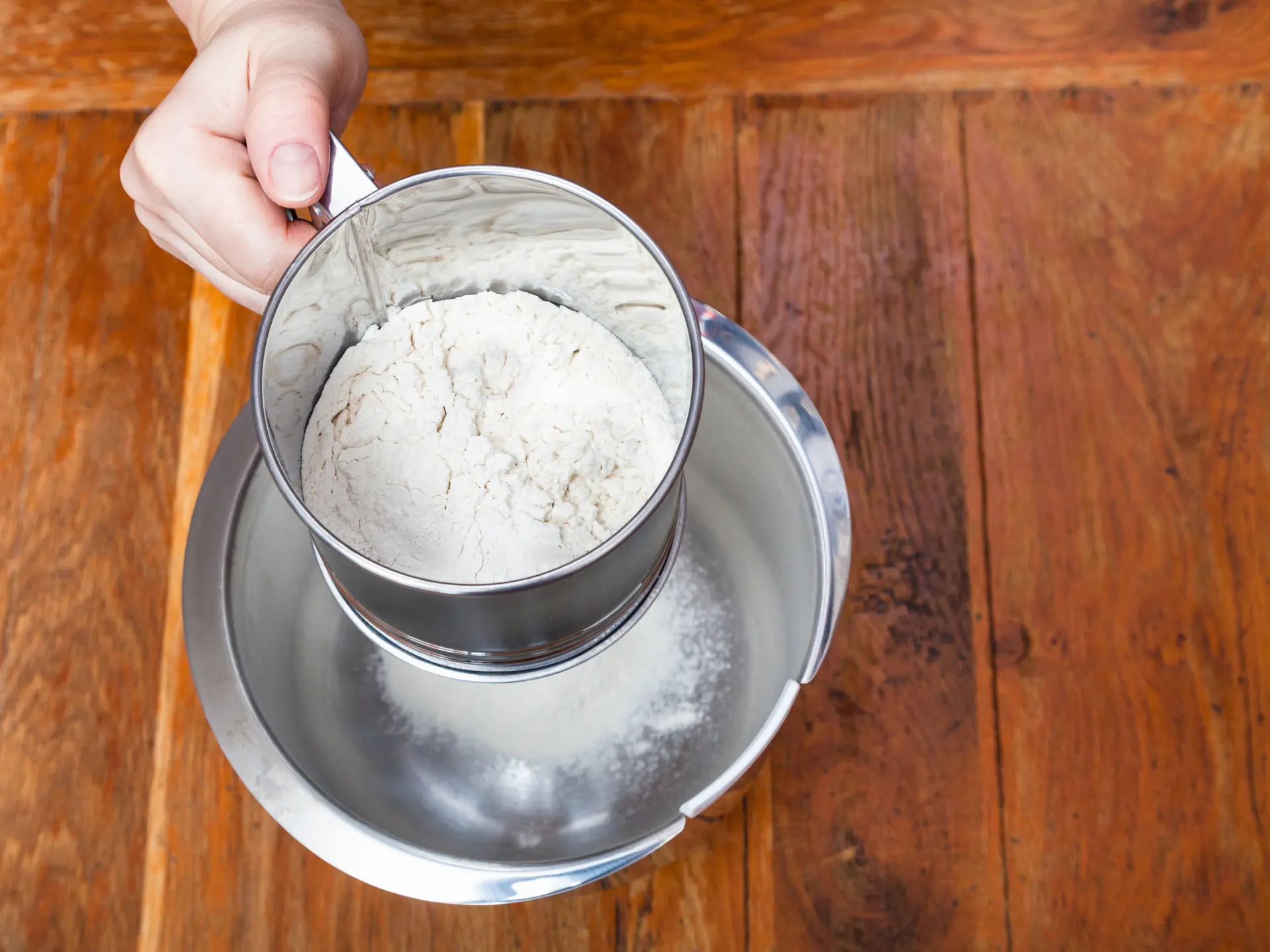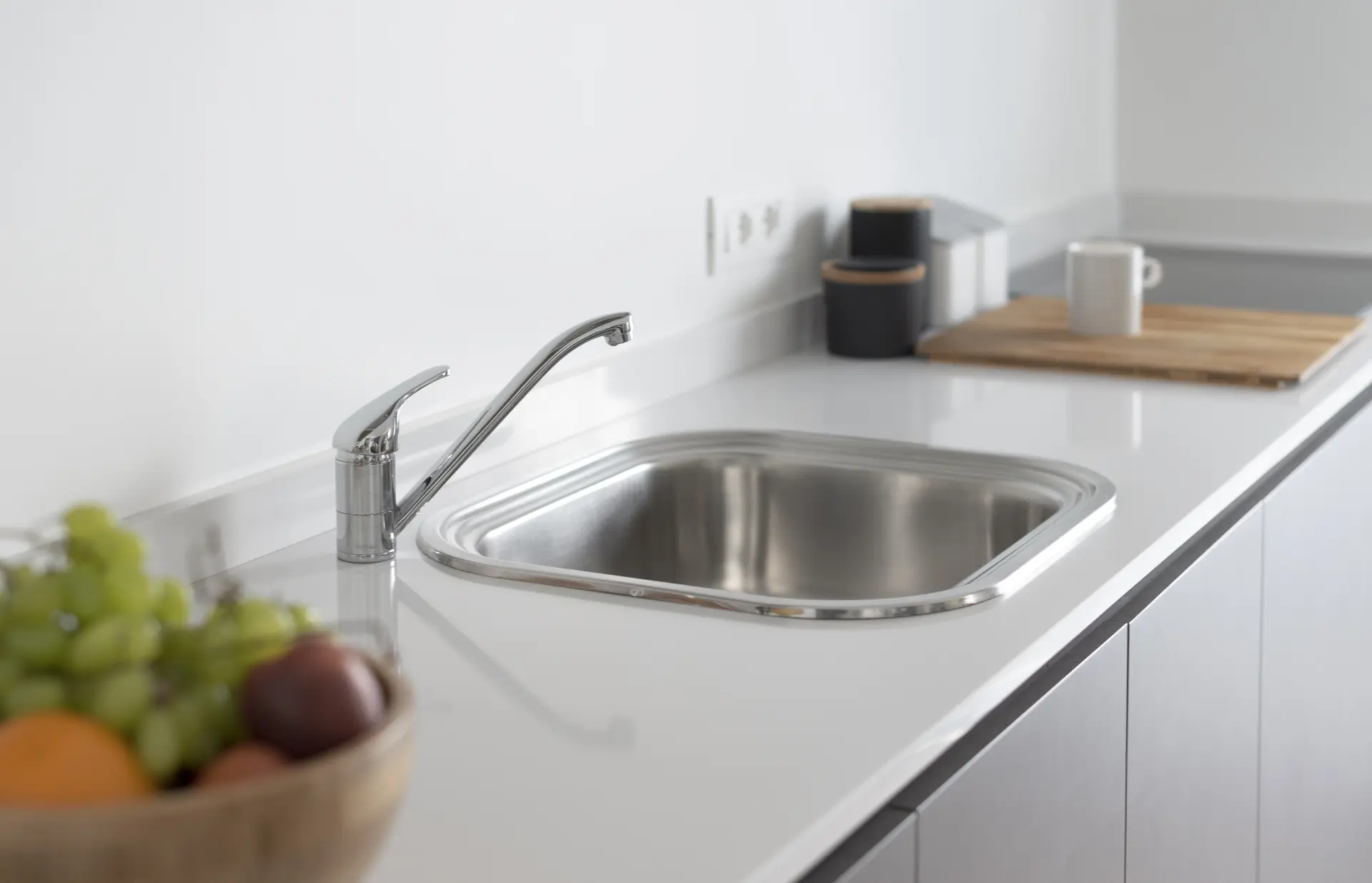Foul-smelling drains are a common problem in many homes and can make the entire space feel unpleasant. Whether the odour is coming from your kitchen sink, bathroom drain, or even an outdoor pipe, it’s important to find the source and fix it before it becomes a bigger issue. Find out more about preventing drain smells in your home.
What Causes Bad Smells in Drains?
Most drain smells are caused by waste that gets stuck in the pipes and begins to break down over time. Hair, grease, leftover food, soap scum, and other debris cling to the inside of your drains, creating the perfect environment for bacteria to grow. As bacteria feed on the waste, they release gases that travel back up the pipes and into your home.
A dry trap can also be the culprit. The curved section of pipe under your sink or bath is designed to hold water, which acts as a barrier against sewer gases. If the trap dries out, often because the sink is not used regularly, those smells can rise into your living space.
Slow drains are another warning sign. When water struggles to flow freely, it usually means there is a blockage building up. This not only smells unpleasant but can eventually stop your drain from working altogether.
Common Areas Where Smells Start
Smells often start in the kitchen or bathroom. In the kitchen, leftover food, fat, and oil go down the sink and cling to the pipes. These quickly trap other debris and begin to rot. In the bathroom, drains collect hair, soap, and toothpaste. These block the pipes and slow down drainage, letting smells rise.
Outdoor drains are also trouble spots. Leaves, mud, and general debris collect in garden drains and can block the flow of water. When water sits still, it becomes stale and begins to smell.

Flush Bathroom Drains with Hot Water
Flushing your bathroom drains with hot water helps remove soap scum and other sticky build-up. Boil a kettle and pour it slowly down the plughole, then run cold water to rinse the pipe. This is a simple way to get rid of light debris and help prevent blockages.
You can also remove the plug or trap cover and check for visible clumps of hair or debris. Pulling these out helps water run more freely and reduces the chance of smells returning.

Use Baking Soda and Vinegar to Freshen Drains
Baking soda and vinegar are excellent natural cleaners. Pour half a cup of baking soda into the drain, followed by one cup of vinegar. Let it fizz for about 15 minutes, then flush with hot water. This method helps break down small blockages, remove bacteria, and freshen the drain.
It’s especially useful for kitchen sinks where grease and food waste are common. Regular use can prevent smells from developing in the first place.
When to Ask a Drain Expert for Help
If smells keep returning after cleaning, it may be time to call a professional. A drain expert can check for deep blockages, damage to pipes, or issues with the main sewer line. They have tools to remove tough debris, inspect hidden parts of the system, and advise on long-term solutions.
Ongoing smells, slow drainage, or multiple blocked drains in your home often point to a bigger problem that needs proper investigation. Getting help early can save you from more serious repairs down the line.
Need professional help keeping your drainage system in top condition? We offer expert drainage maintenance for homes and businesses across Fleetwood, Blackpool, and Lancashire, with 24/7 availability and over 25 years of experience.


